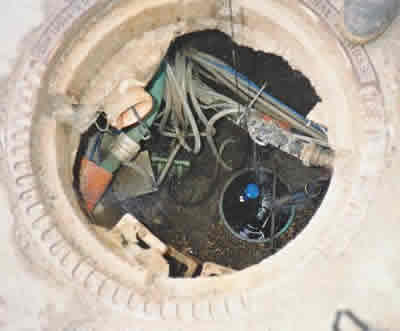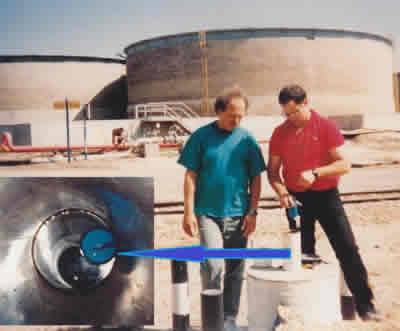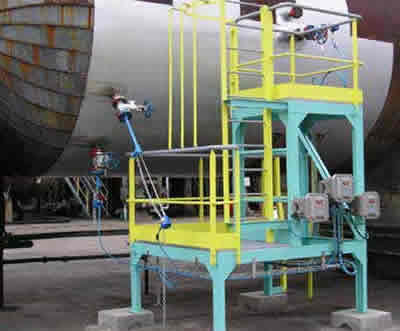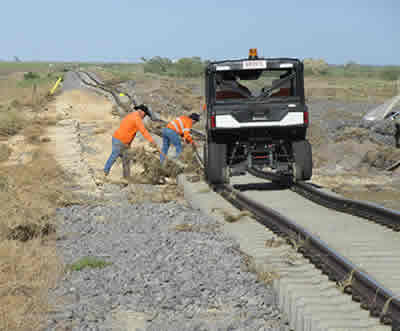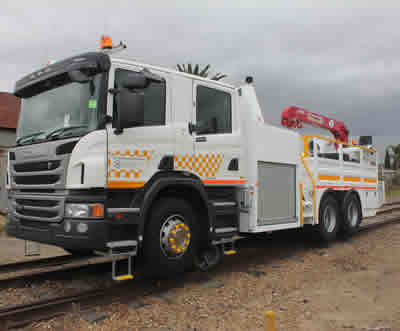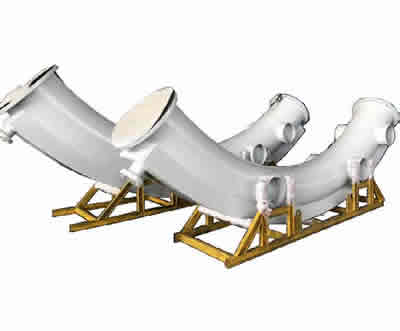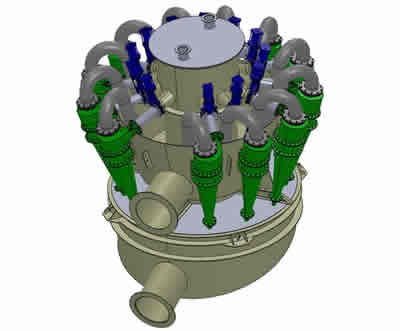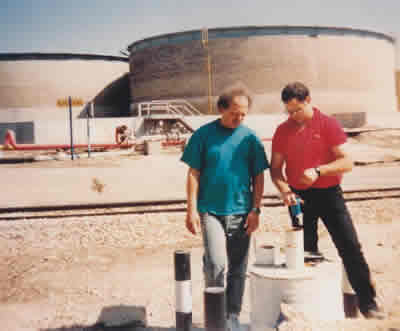
Hydrocarbon leakage, from Underground Storage Tanks (USTs) and from the bottoms of aboveground tanks, can seep into the groundwater, where it forms a floating oil sheen, growing to a thick oil layer over time. This layer, if left undetected, will eventually dissolve and cause severe damage to water quality.
